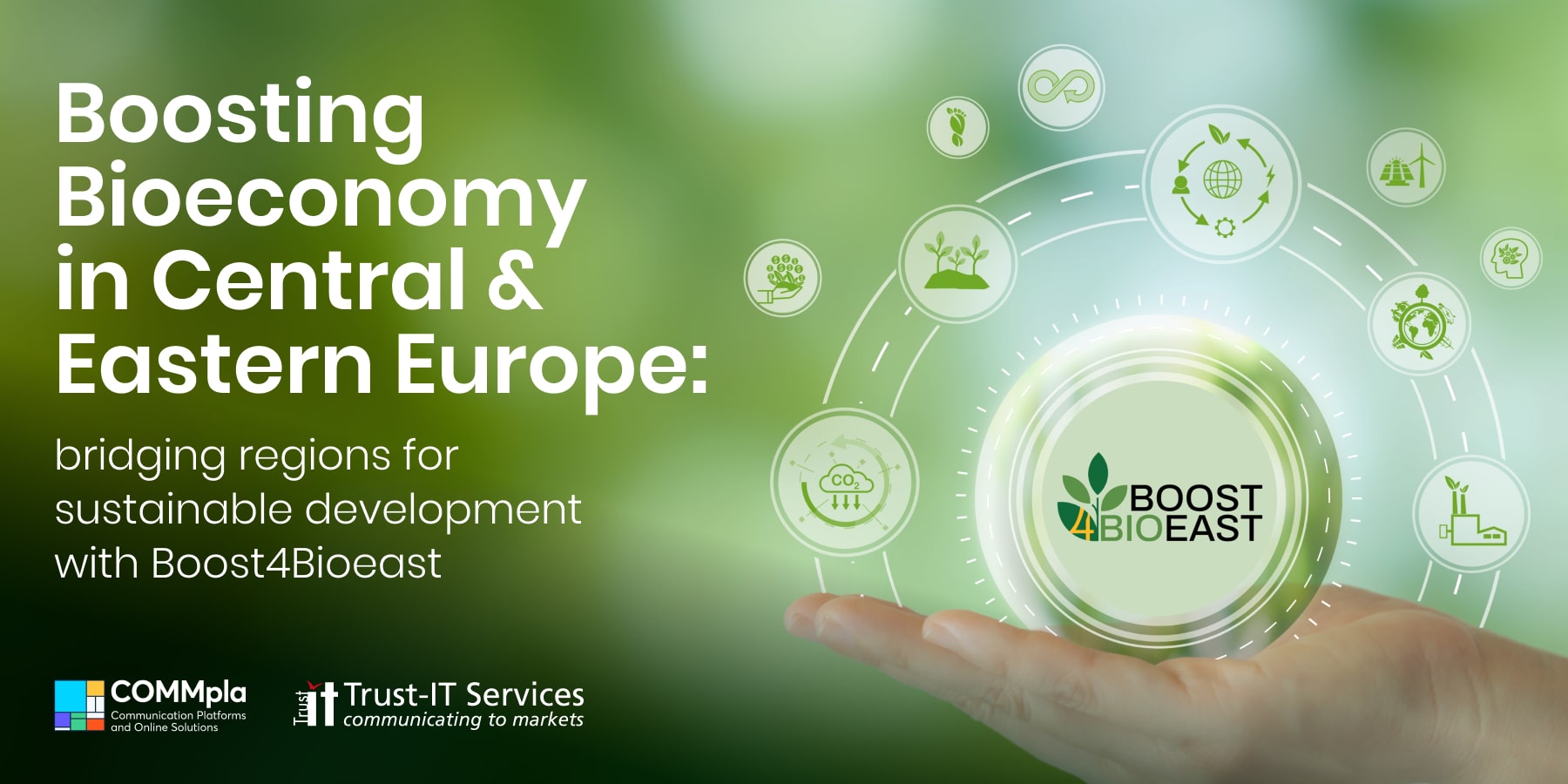
The bioeconomy sector represents a pivotal element in the European Union's strategy for achieving sustainable economic growth, environmental protection, and societal progress and is integral to the EU's Green Deal, which aims to make Europe the world's first climate-neutral continent by 2050. It encompasses the production of renewable biological resources and their conversion into vital products and services, including food, feed, bio-based products, and energy. By harnessing the principles of the circular economy, the bioeconomy aims to reduce dependence on fossil fuels, minimise waste, and create new economic opportunities while also addressing critical challenges such as climate change, resource scarcity, and biodiversity loss.
The European Union has recognised the immense potential of the bioeconomy to drive innovation, competitiveness, and job creation while supporting its environmental and climate objectives. This recognition is encapsulated in the EU Bioeconomy Strategy, first adopted in 2012 and updated in 2018 to strengthen the approach towards a sustainable and circular bioeconomy. The strategy is designed to deploy the EU's sectors that produce and use biological resources — agriculture, forestry, fisheries, food, and bio-based industries — more sustainably.
Boost4Bioeast Project: Fostering Sustainable Bioeconomies
It's within this vibrant and forward-thinking context that the Boost4BioEast project has been launched. Serving as a cornerstone for the BIOEAST Initiative, Boost4BioEast is set to catalyse the bioeconomy transformation in Central and Eastern European countries over the next three years by establishing or improving national bioeconomy expert communities (BIOEAST HUBs) as focal points of capacity building and catalyst for stakeholder engagement at a national level for decision-making through participatory processes. Following the trail blazed by its predecessor, the BIOEASTsUP H2020 project, Boost4Bioeast builds on a foundation of macro-regional networking among experts and policymakers, aiming to develop national bioeconomy action plans and foster dialogue across regions.
The project, coordinated by the Hungarian Research Institute of Organic Agriculture (ÖMKi), spans 30 partners from BIOEAST countries and Western Europe, including Belgium, Finland, Germany, Ireland, Italy, and Spain. This collaborative effort aims to bridge Eastern European countries with other parts of the EU, ensuring a seamless transfer of knowledge for a sustainable transition towards circular bioeconomies.
Barna Kovács, the secretary general of the BIOEAST Initiative, highlighted the urgency of this mission in his keynote speech at the Annual BIOEAST Bioeconomy Conference, held in Budapest in March 2024 alongside the kick-off meeting of the project. Kovács pointed out the critical role of Central Eastern European and Baltic countries, including the Western Balkans, in navigating the EU through current crises ranging from COVID-19 to climate challenges. He emphasised the opportunity to establish an R&I-driven joint programming structure (BIOEAST Partnership) to build resilience and promote sustainable practices.